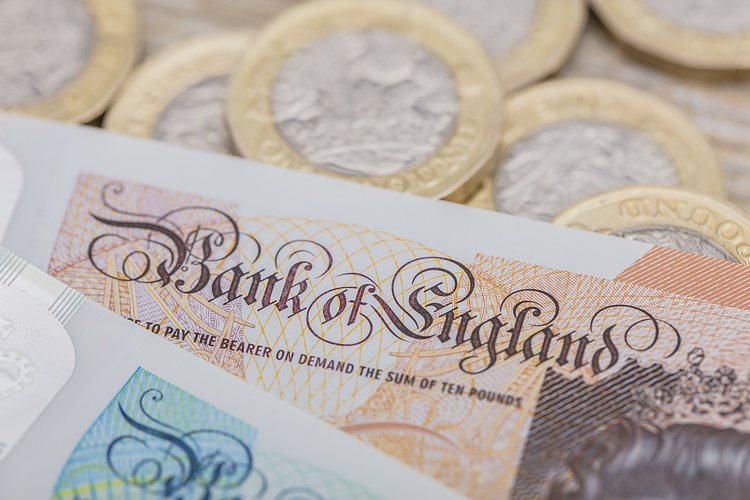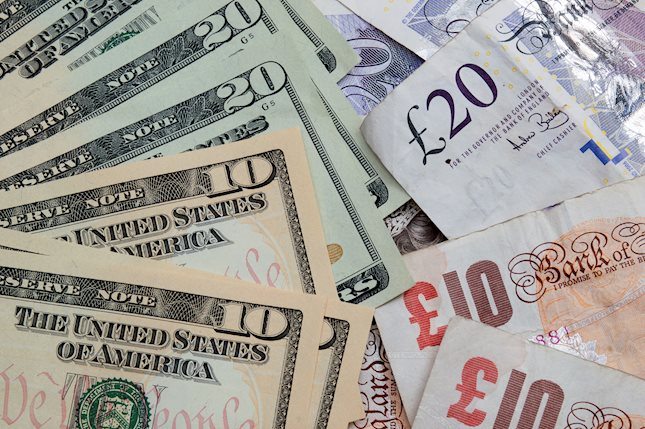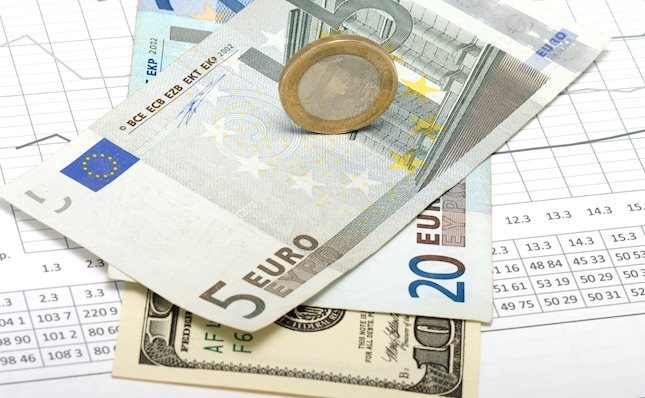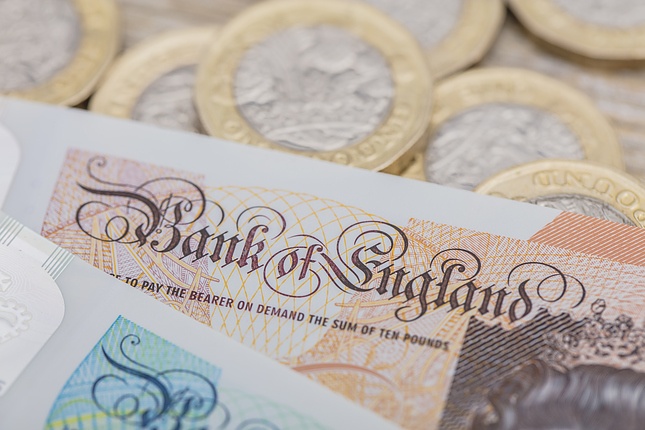GBP/USD holds ground above 1.2650 following mixed UK data, US Retail sales eyed
- GBP/USD remains steady after mixed GDP and industrial data released from the United Kingdom.
- UK GDP expanded by 1.0% in the third quarter, surpassing the 0.7% growth recorded in Q2.
- The monthly UK Industrial and Manufacturing Production both declined by 0.5% and 1.0%, respectively, in September.
GBP/USD breaks its five-day losing streak, trading around 1.2680 during the early European session on Friday. The pair remains steady after the release of mixed Gross Domestic Product (GDP) and Industrial data from the United Kingdom (UK).
The UK economy grew by 0.1% quarter-on-quarter in the three months ending September, following a 0.5% expansion in Q2. This growth fell short of market expectations for a 0.2% increase. On a year-on-year basis, UK GDP rose by 1.0% in Q3, matching forecasts but higher than the 0.7% growth recorded in Q2.
In September, monthly UK GDP shrank by 0.1%, reversing a 0.2% expansion in August and missing the expected 0.2% growth. The Index of Services for the three months ending in September held steady at 0.1% 3M/3M, unchanged from the prior reading. However, Industrial and Manufacturing Production both declined in September, falling by 0.5% and 1.0% month-on-month, respectively. These figures were weaker than anticipated.
The US Dollar (USD) edges lower due to remarks from Fed Chair Jerome Powell on Thursday. Fed’s Powell stated that the recent performance of the US economy has been "remarkably good," allowing the Federal Reserve the flexibility to gradually lower interest rates. Meanwhile, Richmond Fed President Thomas Barkin stated that while the Fed has made strong progress so far, there’s still more work to be done to keep the momentum going.
Additionally, the US Producer Price Index (PPI) rose by 2.4% year-over-year in October, up from a revised 1.9% increase in September (previously 1.8%) and surpassing market expectations of 2.3%. Meanwhile, the Core PPI, which excludes food and energy, increased by 3.1% YoY, slightly above the forecasted 3.0%.
The US Dollar Index (DXY), which tracks the US Dollar's performance against six major currencies, trades around 106.70. after pulling back from its yearly high of 107.06 recorded on Thursday. This decline could be attributed to a slowdown in "Trump trades."
Economic Indicator
Gross Domestic Product (YoY)
The Gross Domestic Product (GDP), released by the Office for National Statistics on a monthly and quarterly basis, is a measure of the total value of all goods and services produced in the UK during a given period. The GDP is considered as the main measure of UK economic activity. The YoY reading compares economic activity in the reference quarter compared with the same quarter a year earlier. Generally speaking, a rise in this indicator is bullish for the Pound Sterling (GBP), while a low reading is seen as bearish.
Read more.Last release: Fri Nov 15, 2024 07:00 (Prel)
Frequency: Quarterly
Actual: 1%
Consensus: 1%
Previous: 0.7%
Source: Office for National Statistics
Forex News
Keep up with the financial markets, know what's happening and what is affecting the markets with our latest market updates. Analyze market movers, trends and build your trading strategies accordingly.










